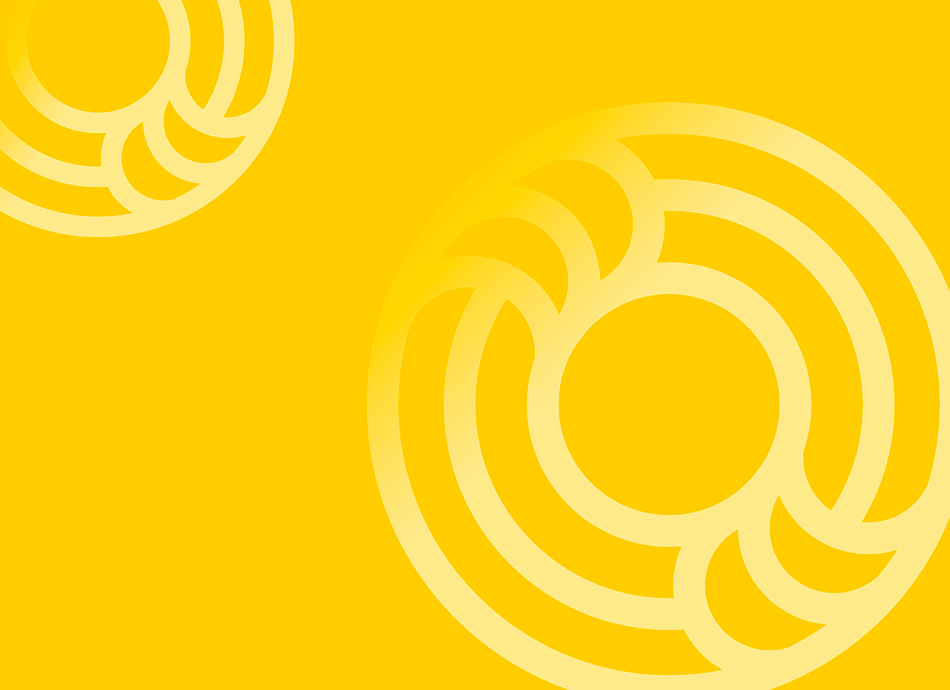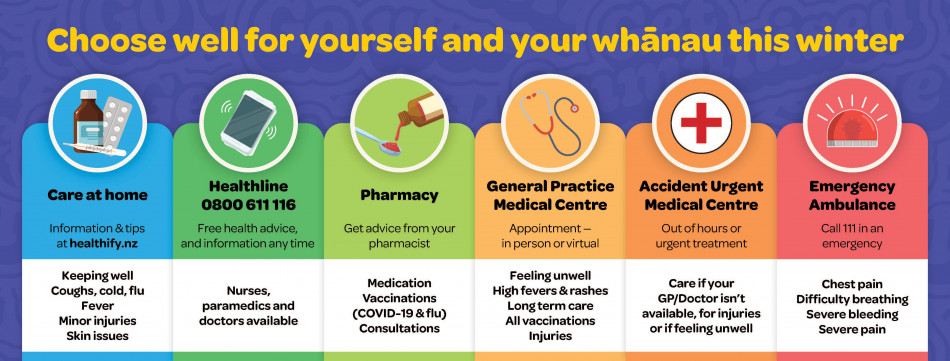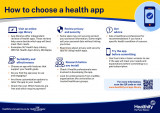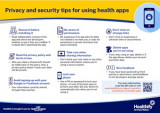You can now add Healthify as a preferred source on Google. Click here to see us when you search Google.
Symptom checkers
Information about using symptom checkers safely
Symptom checkers
- Symptom checkers are web-based tools or apps designed to help you understand what your medical symptoms could mean and guide you to the appropriate healthcare action.
- This page provides information on online symptom checkers – what they are and tips to use them safely.

What are symptom checkers?
As more people look online for their health information, the number of symptom checkers are growing. Online symptom checkers are web-based tools or apps that aim to help you understand your symptoms better and get advice on when to seek medical attention.
- They ask you to input details about your signs and symptoms of sickness, along with other information such as gender and age.
- Using computerised algorithms, the symptom checkers then give a range of conditions that might fit the problems you're experiencing.
- They can also advise you on whether, and how urgently, you need to seek advice from a healthcare provider.
Examples of symptom checkers
There are a growing number of symptom checker apps and online. The following are a few examples.
Apps
Online, web-based symptom checkers
- Symptom checker(external link) HealthDirect, Australia
- Symptom checker(external link) Patient Info, UK
- Symptom checker(external link) Mayo Clinic, US
- Symptom checker(external link) WebMD, US
- Check your symptoms(external link) HealthLink BC, Canada
|
The symptom checkers above are from other countries and may have information that differs from New Zealand recommendations. Also, the contact information for health service advice is not appropriate for New Zealand users. The New Zealand contact for health advice and information is Healthline phone 0800 611 116. |
Tips when using symptom checkers
While online symptom checkers hosted on reputable health websites may have more value than a general internet search for symptoms, they depend on the information you provide and they can miss important information. Many symptoms checkers are from other countries and may have information that differs from New Zealand recommendations. Symptom checkers may be less reliable if you have complex health problems or are on a variety of medicines. Here are some tips of how to use symptom checkers safely.
Do (✔)
- Use symptom checkers with caution because they're only a guide. Symptom checkers don't give you a diagnosis, but they give you information about possible conditions that could explain your symptoms. They may give guidance on whether to seek help, and if so, where (eg, at your medical centre or emergency department), and indicating the degree of urgency (eg, within a few days). They can also help you prepare for an upcoming doctor’s appointment.
- Remember, depending on your illness, injury or other health concern, there are various places you and your whānau can access healthcare. In an emergency, call 111 for advice call Healthline 0800 611 116.
- Use symptom checkers from organisations with a good reputation, as these are usually created in consultation with medical professionals.
- Symptom checkers rely on the answers to the questions you provide. It’s important to answer these are honestly as possible.
Don’t ( ✘)
- Use symptom checkers if you have serious symptoms that require urgent medical attention. Call 111 immediately if it's an emergency.
- Rely on symptom checkers to make a diagnosis.
- Make changes to your medicines or treatment from an app without checking with your healthcare provider first.
- Ignore symptoms that are getting worse. Seek medical help.

Image credit: Health New Zealand | Te Whatu Ora
Medical help – Where to go when you need health care in Aotearoa New Zealand
Healthcare provider visits
Common symptoms
Healthcare in NZ(external link)
Find a support group or service(external link)
What services do Pharmacies offer?(external link)
Nurse or GP – who should I see?(external link)
First aid topics(external link)
Telehealth(external link)
Immunisation – who gives vaccinations and where can I find them?(external link)
Resources
The patient's toolkit for diagnosis(external link) Society to Improve Diagnosis in Medicine (SIDM) Patient Engagement Committee
Apps
References
- Read J, Cain A. A literature review and meta-analysis of drug company-funded mental health websites(external link) Acta Psychiatr Scand. 2013 Dec;128(6):422-33
- Millenson ML, Baldwin JL, Zipperer L, et al. Beyond Dr. Google – the evidence on consumer-facing digital tools for diagnosis(external link) Diagnosis (Berl). 2018 Sep 25;5(3):95-105
- Semigran HL, Linder JA, Gidengil C, et al. Evaluation of symptom checkers for self diagnosis and triage – audit study(external link) BMJ. 2015 Jul 8;351:h3480
- Berry AC, Cash BD, Wang B, et al. Online symptom checker diagnostic and triage accuracy for HIV and hepatitis C(external link) Epidemiol Infect. 2019 Jan;147:e104
|
Disclaimer: The NZ Health App Library is a free consumer service to help you decide whether a health app would be suitable for you. Our review process is independent. We have no relationship with the app developers or companies and no responsibility for the service they provide. This means that if you have an issue with one of the apps we have reviewed, you will need to contact the app developer or company directly. |
Factsheets – using health apps safely

How to choose a health app
Healthify He Puna Waiora, NZ

Privacy and security tips for using health apps
Healthify He Puna Waiora, NZ
Credits: Healthify editorial team. Healthify is brought to you by Health Navigator Charitable Trust.


